NSW Liberal Party president Jason Falinski backs 2035 target
NSW Liberal Party president says a 2035 target is a no-brainer, but there’s little support for his stance among Coalition MPs.
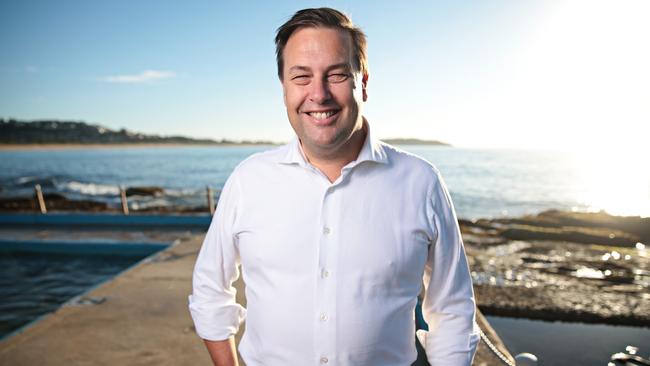
NSW Liberal Party president Jason Falinski has declared the Coalition must take a 2035 emissions reduction target to the next federal election, splitting from Nationals leader David Littleproud who warned it would be difficult to adopt.
Liberal frontbenchers are also privately questioning the need for a 2035 target, with one telling The Australian: “Less is more. I’d be strongly opposed to a 2035 target.”
Mr Falinski, who lost his Sydney seat of Mackellar to teal MP Sophie Scamps at the 2022 election, said the Coalition should be having a debate about how to reach a 2035 target rather than whether to have one or not.
“Of course you do (have to have a target). You can’t have a plan without numbers,” he told The Australian.
“We had this crazy situation at the last election where we were on track to get to a 35 per cent reduction by 2030 but we wouldn’t update our target (of 26 to 28 per cent). Our opponents were out there saying ‘they’ve still got the Abbott government target’ and it’s like, we’ve done such a good job of managing the transition, we’re actually beating this target.”
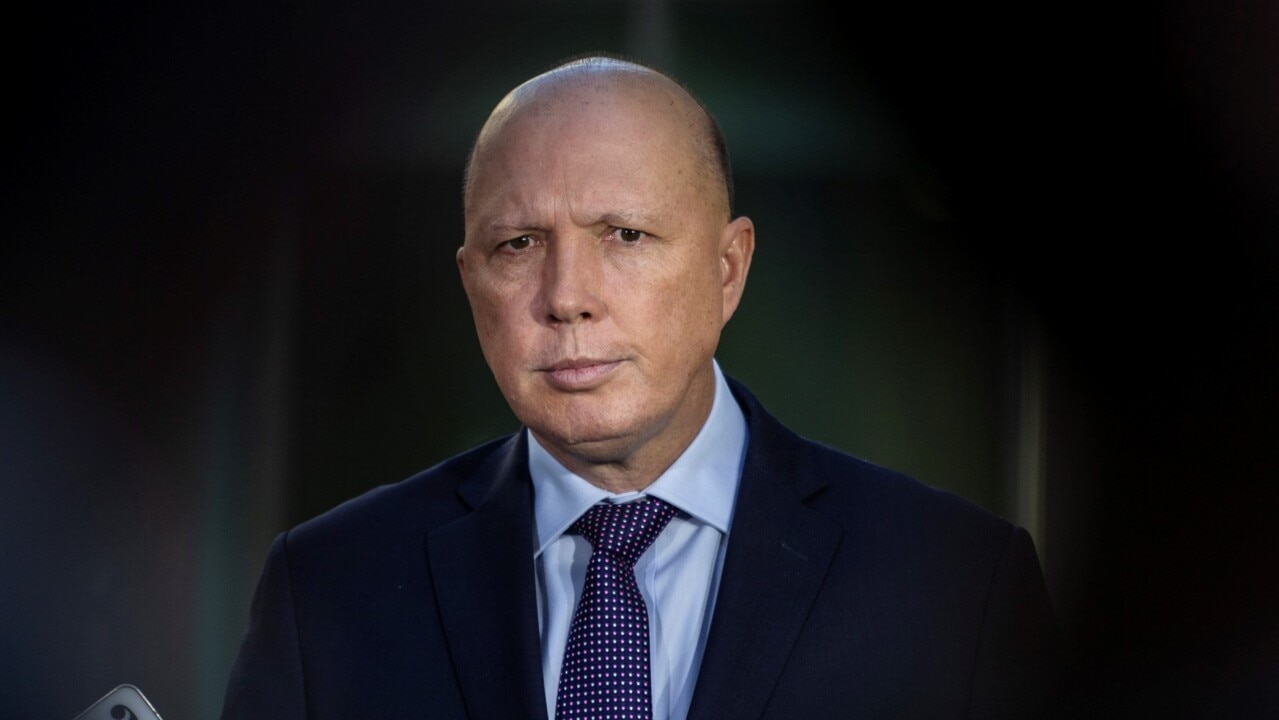
Divisions have emerged in the Coalition over whether to adopt a 2035 target or drop its net zero emissions by 2050 commitment, prompting Energy and Climate Change Minister Chris Bowen to demand Peter Dutton “stop the nonsense” and explain his energy and climate policy.
While just one Liberal MP has so far told The Australian they believe the Coalition should be ambitious and embrace a 2035 target, there are other insiders who believe there will be a target and remain open to what it will be.
After Nationals MPs staunchly rejected or raised serious concerns about a 2035 target in The Australian, Mr Littleproud told Sky News: “I think it’ll be difficult for us to put, in all honesty, a target on 2035. And that’s demonstrated by the fact that we want to shift the energy debate about removing the ban on nuclear energy.”
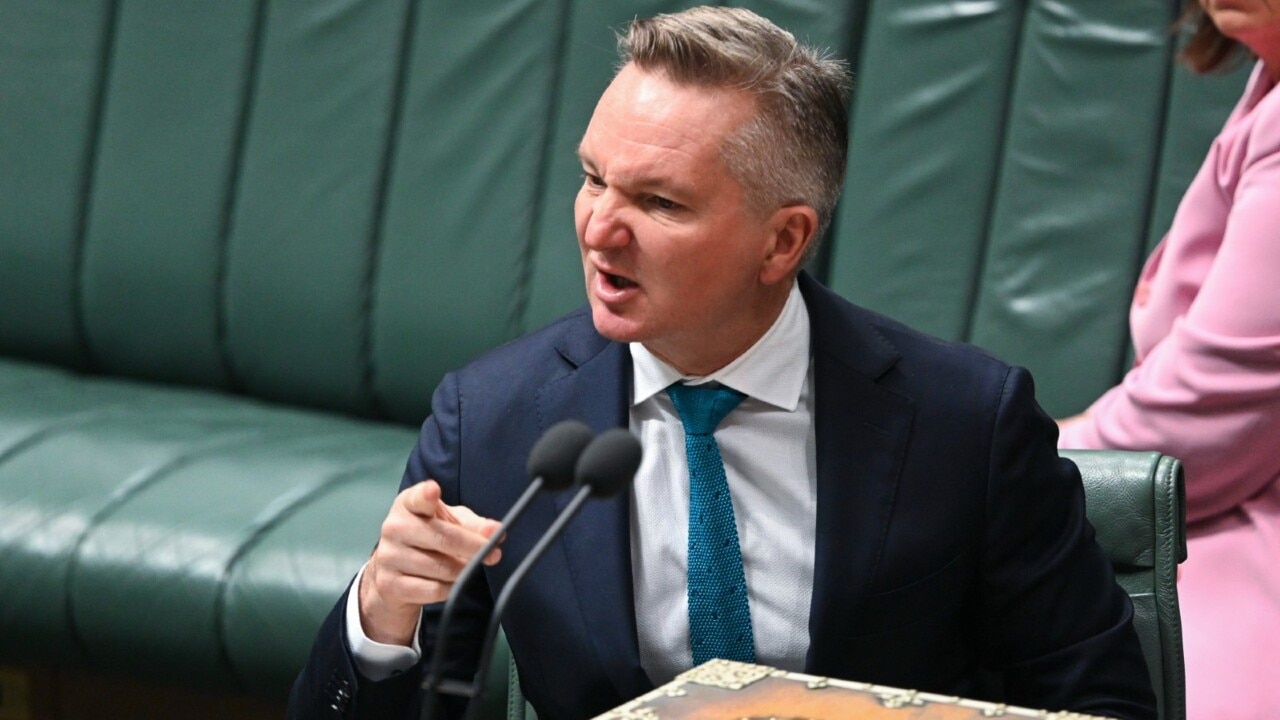
Nationals MP Anne Webster, who has the VNI West transmission line project in her electorate of Mallee, agreed a 2035 target would be difficult “because you have to have projects able to achieve that”.
“Right now we’re facing head on projects that are not successful, that will see the 82 per cent reliance on renewable energy by 2030. How will that happen? It will happen because Mallee will cease producing the grapes, the grains, the oranges, the almonds that we produce,” she said.
Deputy Liberal leader Sussan Ley said the Coalition would have “credible and effective, and most importantly affordable” policies to take to voters at the next election when asked if climate targets should be ditched.
She said the Coalition maintained support for net zero by 2050 but she would not commit to a 2035 target.
Mr Bowen said if the Coalition ended up winning the election without a 2035 target, it would either have to leave the Paris accord or accept the target Labor will set.
Returning from leave after his Christmas break, Mr Bowen revealed he’d written to the Climate Change Authority requesting its advice on the government’s 2035 target.
He said the target would be “very clear to the Australian people before the election”.
“(The CCA’s advice) will be one of the key inputs to the cabinet. I’ll make a recommendation to the cabinet about what our 2035 target will be, should be. And then we’ll announce that in due course,” Mr Bowen said.
“Our 2035 (target) will be ambitious and achievable. It’s got to be both of those things. There’s no point setting a target which the country can’t meet, nor is there any point in setting a target which isn’t a step up in activity.”



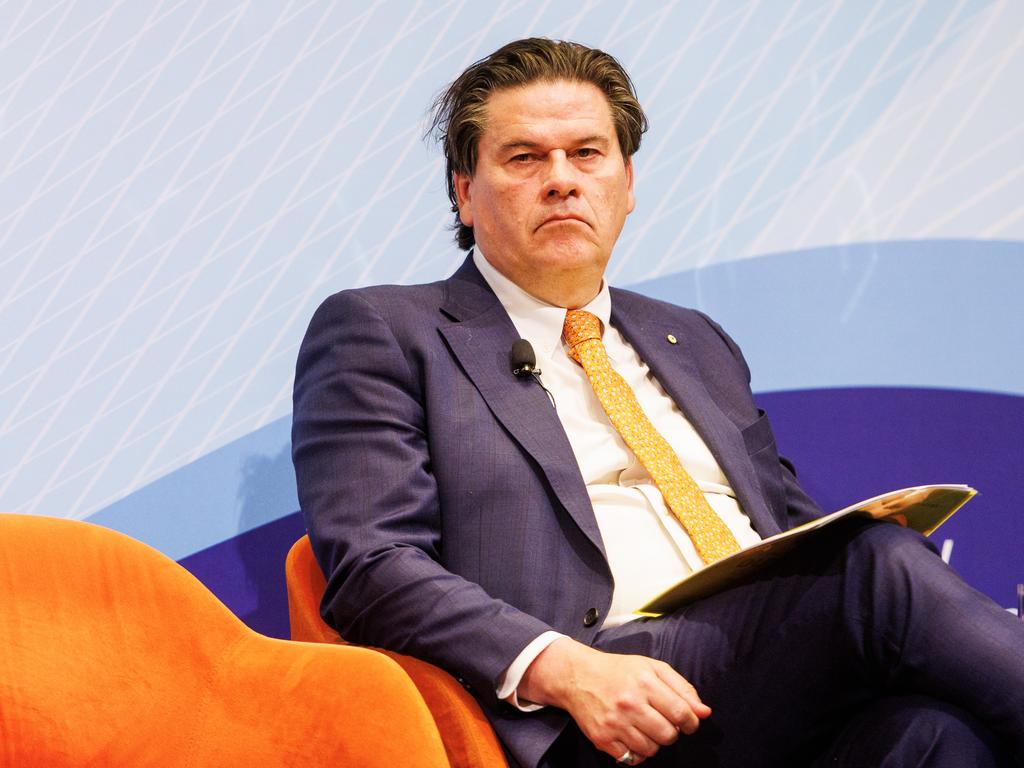

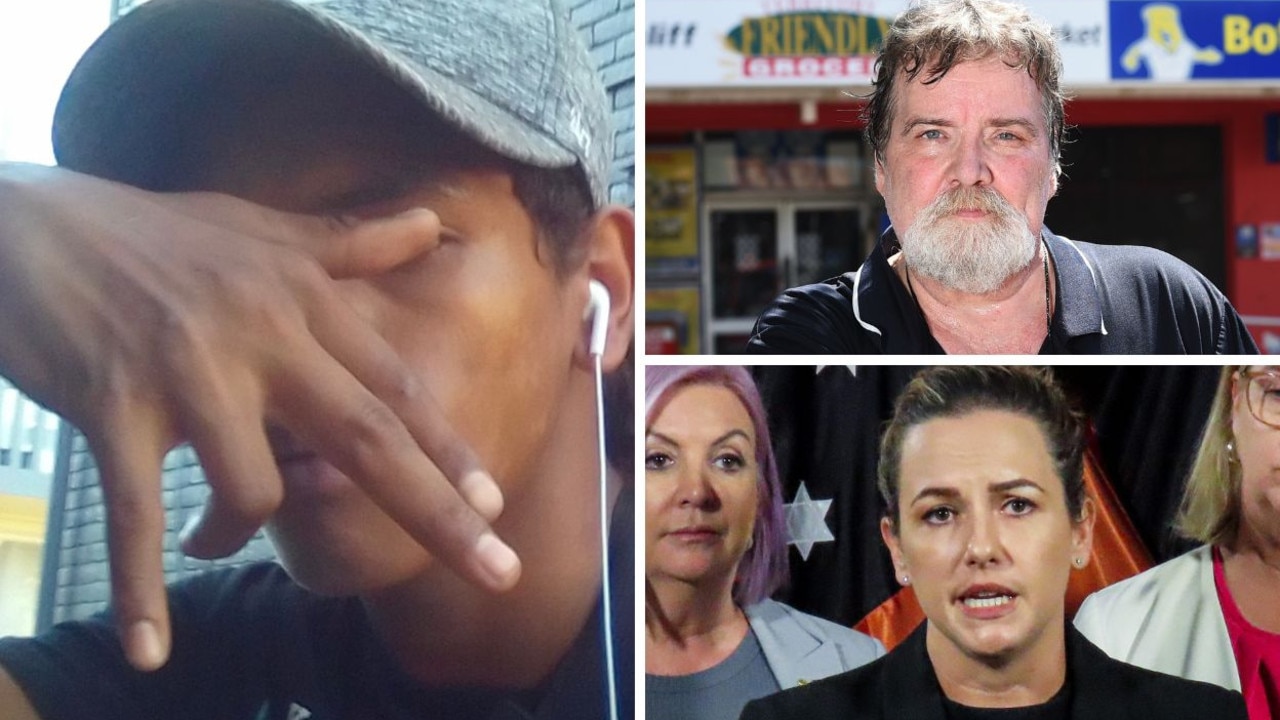
To join the conversation, please log in. Don't have an account? Register
Join the conversation, you are commenting as Logout